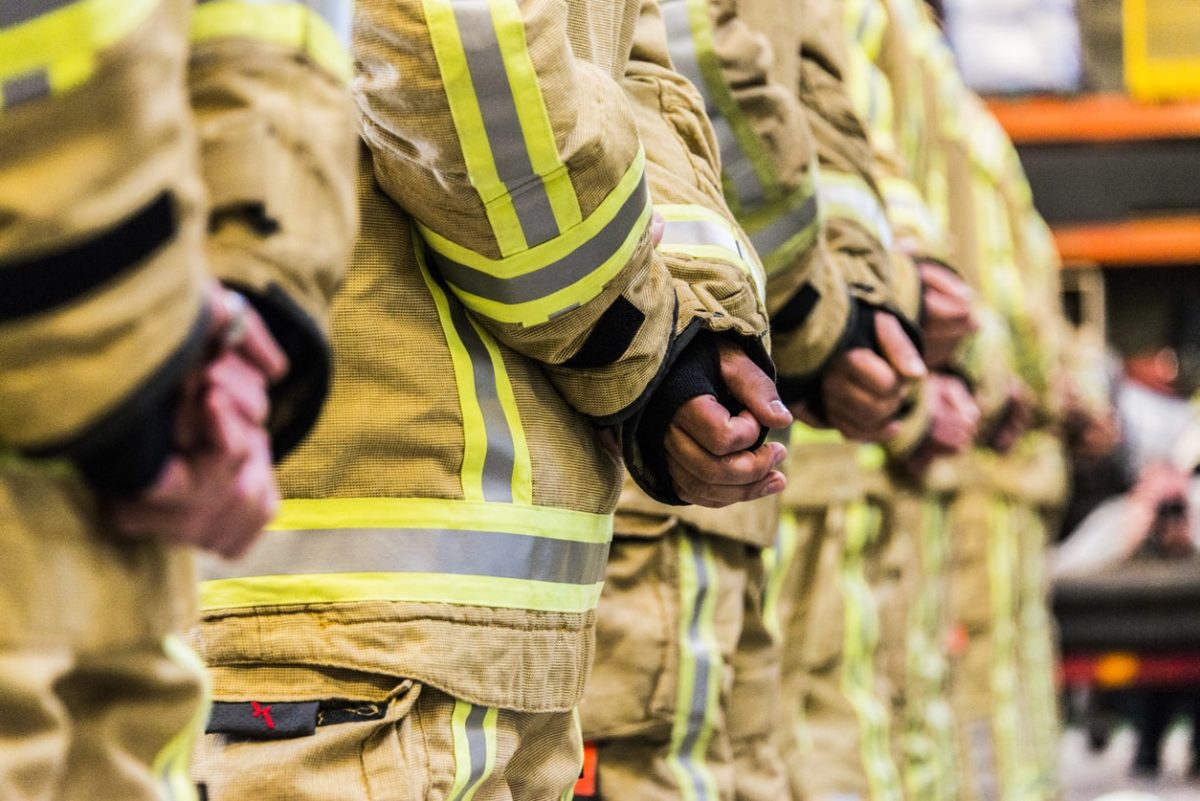
It is important for firefighting operations to be aware of the special rules that apply to injuries caused by medical malpractice during emergency medical care. State laws typically protect “first responders” from most lawsuits. Emergencies by their very nature lower the professional expectation to avoid mistakes. Here’s a primer on when first responders are liable for medical malpractice during an emergency.
Firefighter Liability, Explained
If a patient is injured by medical personnel in an emergency medical situation, whether the patient has redress depends on who acted recklessly or negligently — the medical personnel who first respond to the emergency, or the doctors, nurses, and other medical personnel in the emergency room.
Most states have at least one law protecting “first responders” in medical emergencies from lawsuits to preserve emergency services, which would otherwise be subject to frequent lawsuits.
However, firefighters are not completely protected from malpractice. Although the law varies from state to state, in essence, if a first responder does something completely reckless, negligent, or intentional, they may be liable for malpractice. In such a case, the first responder’s employer will ultimately be responsible (legally and financially) for medical malpractice.
There never seems to be a shortage of lawsuits involving fire departments, firefighters, fire chiefs and firefighter unions. However, while fire service litigation abounds, there have not been many answers to the types of suits and resulting liabilities facing fire departments.
What’s the biggest liability exposure facing firefighters? What are the most common things that fire departments are being sued for? Have litigation trends changed over the years? There are many answers needed to gain a better understanding of the legal challenges facing the fire service in a measurable way.
Other Considerations
Many lawsuit cases have been analyzed and broken down into three categories: administrative, criminal and civil. Administrative cases are those proceedings that are not brought in a judicial forum, including disciplinary actions, state Occupational Safety and Health Administration (OSHA) proceedings, contractual grievances, unfair labor practice complaints, and other non-judicial proceedings. Criminal cases are those in which a firefighter is charged criminally for job-related conduct. All other proceedings are categorized as civil.
Personnel-related matters clearly predominate over incident-related matters when it comes to legal proceedings. Despite the obstacles, going forward we will most likely be able to have more answers on liability trends in the fire service. Nonetheless, firefighting operations must stay on their toes and take every precaution possible.
About Provident FirePlus
At Provident FirePlus, we offer custom-tailored packages to best protect firefighters and volunteer firefighters. We understand the risks that emergency response teams are subjected to on a daily basis, and have worked to serve these dedicated professionals for over 87 years. For more information about our products and policies, we invite you to contact our experts today at (855) 201-8880.

